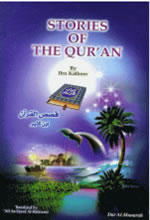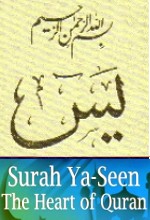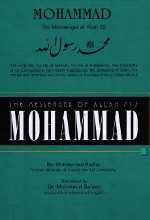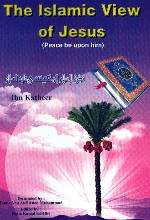Ask what you wish.
-I’d like to be the most learned of men.
Fear Allah, and you will be the most learned of
men.
-I wish to be the richest man in the world.
Be contented, and you will be the richest man in
the world.
-I’d like to be the most just of men.
Desire for others what you desire for yourself,
and you will be the most just of men.
-I want to be the best of men.
Do good to others and you will be the best of
men.
- I wish to be the most favored by Allah.
Engage much in Allah’s praise, and you will be
most favored by Him.
-I’d like to complete my faith.
If you have good manners you will complete
your faith.
-I wish to be among those who do good.
Adore Allah as if you see Him. If you don’t see
Him, He sees you. In this way you will be
among those who do good.
-I wish to be obedient to Allah.
If you observe Allah’s commands you will be
obedient.
-I’d like to be free from all sins.
Bathe yourself from impurities and you will be
free from all sins.
-I’d like to be raised on the Day of
Judgment in the light.
Don’t wrong yourself or any other creature,
and you will be raised on the Day of Judgment
in the light.
-I’d like Allah to bestow His mercy on
me.
If you have mercy on yourself and on others,
Allah will grant you mercy on the Day of
Judgment.
-I’d like my sins to be very few.
If you seek the forgiveness of Allah as much as
you can; your sins will be very few.
-I’d like to be the most honorable man.
If you do not complain to any fellow creature,
you will be the most honorable of men.
-I’d like to be the strongest of men.
If you put your trust in Allah, you be the
strongest of men.
-I’d like to enlarge my provision.
If you keep yourself pure, Allah will enlarge
your provision.
-I’d like to be loved by Allah and His
messenger.
If you love what Allah and His messenger love
you will be among their beloved ones.
-I wish to be safe from Allah’s wrath on
the Day of Judgment.
If you do not lose your temper with any of your
fellow creatures, you will be safe from the
wrath of Allah on the Day of Judgment.
-What will save me from sins?
Tears, humility and illness.
-What are the best deeds in the eyes of
Allah?
Gentle manners, modesty and patience.
-What are the worst evils in the eyes of
Allah?
Hot temper and miserliness.
-What assuages the wrath of Allah in this
life and in the Hereafter?
Concealed charity and kindness to relatives.
-What extinguishes hell’s fires on the
Day of Judgment?
Patience in adversity and misfortunes.
“I have never heard a tradition more comprehensive of the beauties of religion, and more
beneficial than this hadith. It collects all the
good things of Islam.” (Related by Imam Ibn
Hambal).









.jpg)









